Interest Rate Hike
입력 2017.12.01 (14:58)
수정 2017.12.01 (16:40)
읽어주기 기능은 크롬기반의
브라우저에서만 사용하실 수 있습니다.
[Anchor Lead]
The Bank of Korea has decided to raise the benchmark interest rate one quarter of a point to 1.5% per year, potentially marking the end to an era of historically low interest rates. The rate hike had been expected for some time, but concerns still linger over the questionable pace of economic recovery.
[Pkg]
Six out of seven members of the Bank of Korea's Monetary Policy Committee chose to raise the key interest rate. The decision was based on their belief that the economy is solidly on the way to recovery.
[Soundbite] Lee Ju-yeol(Governor, Bank of Korea) : "Thanks to the widespread recovery of the global economy and improved trading with China, the Korean economy is expected to grow at the pace meeting its potential growth rate."
Korea recorded a surprise growth of 1.4% in the third quarter, and its export projection looks promising with exports of the country's semiconductor thriving and the world economy on recovery. Bank of Korea Governor Lee Ju-yeol was even concerned about the adverse effects of maintaining the lowest interest rate in history.
[Soundbite] Lee Ju-yeol(Governor, Bank of Korea) : "Given that a continued freeze of the benchmark interest rate would increase the risk of financial imbalance, the easing of the monetary policy should be paced accordingly."
However, Statistics Korea's economic indicators told a different story. The output, consumption, and investment indicators in October all fell from the previous month. The national statistics agency said it was just a temporary phenomenon.
[Soundbite] Eo Woon-sun(Statistics Korea) : 'Considering that the baseline effect was inevitably big from the previous month, this month's setback is very likely a temporary adjustment."
Nonetheless, some experts point out that the poorer indicators may be proof that Korea's economic recovery is not quite solid.
[Soundbite] Lee Chang-seon(LG Economic Research Institute) : "A benchmark rate hike will lead to higher interests on loans, which will curtail consumption. Then local spending will shrink and eventually slow down Korea's economic growth."
The Bank of Korea hinted at slowing down the rate increase by saying that it would scrutinize the situation and make careful decisions about additional rate hikes.
The Bank of Korea has decided to raise the benchmark interest rate one quarter of a point to 1.5% per year, potentially marking the end to an era of historically low interest rates. The rate hike had been expected for some time, but concerns still linger over the questionable pace of economic recovery.
[Pkg]
Six out of seven members of the Bank of Korea's Monetary Policy Committee chose to raise the key interest rate. The decision was based on their belief that the economy is solidly on the way to recovery.
[Soundbite] Lee Ju-yeol(Governor, Bank of Korea) : "Thanks to the widespread recovery of the global economy and improved trading with China, the Korean economy is expected to grow at the pace meeting its potential growth rate."
Korea recorded a surprise growth of 1.4% in the third quarter, and its export projection looks promising with exports of the country's semiconductor thriving and the world economy on recovery. Bank of Korea Governor Lee Ju-yeol was even concerned about the adverse effects of maintaining the lowest interest rate in history.
[Soundbite] Lee Ju-yeol(Governor, Bank of Korea) : "Given that a continued freeze of the benchmark interest rate would increase the risk of financial imbalance, the easing of the monetary policy should be paced accordingly."
However, Statistics Korea's economic indicators told a different story. The output, consumption, and investment indicators in October all fell from the previous month. The national statistics agency said it was just a temporary phenomenon.
[Soundbite] Eo Woon-sun(Statistics Korea) : 'Considering that the baseline effect was inevitably big from the previous month, this month's setback is very likely a temporary adjustment."
Nonetheless, some experts point out that the poorer indicators may be proof that Korea's economic recovery is not quite solid.
[Soundbite] Lee Chang-seon(LG Economic Research Institute) : "A benchmark rate hike will lead to higher interests on loans, which will curtail consumption. Then local spending will shrink and eventually slow down Korea's economic growth."
The Bank of Korea hinted at slowing down the rate increase by saying that it would scrutinize the situation and make careful decisions about additional rate hikes.
■ 제보하기
▷ 카카오톡 : 'KBS제보' 검색, 채널 추가
▷ 전화 : 02-781-1234, 4444
▷ 이메일 : kbs1234@kbs.co.kr
▷ 유튜브, 네이버, 카카오에서도 KBS뉴스를 구독해주세요!
- Interest Rate Hike
-
- 입력 2017-12-01 15:03:56
- 수정2017-12-01 16:40:39
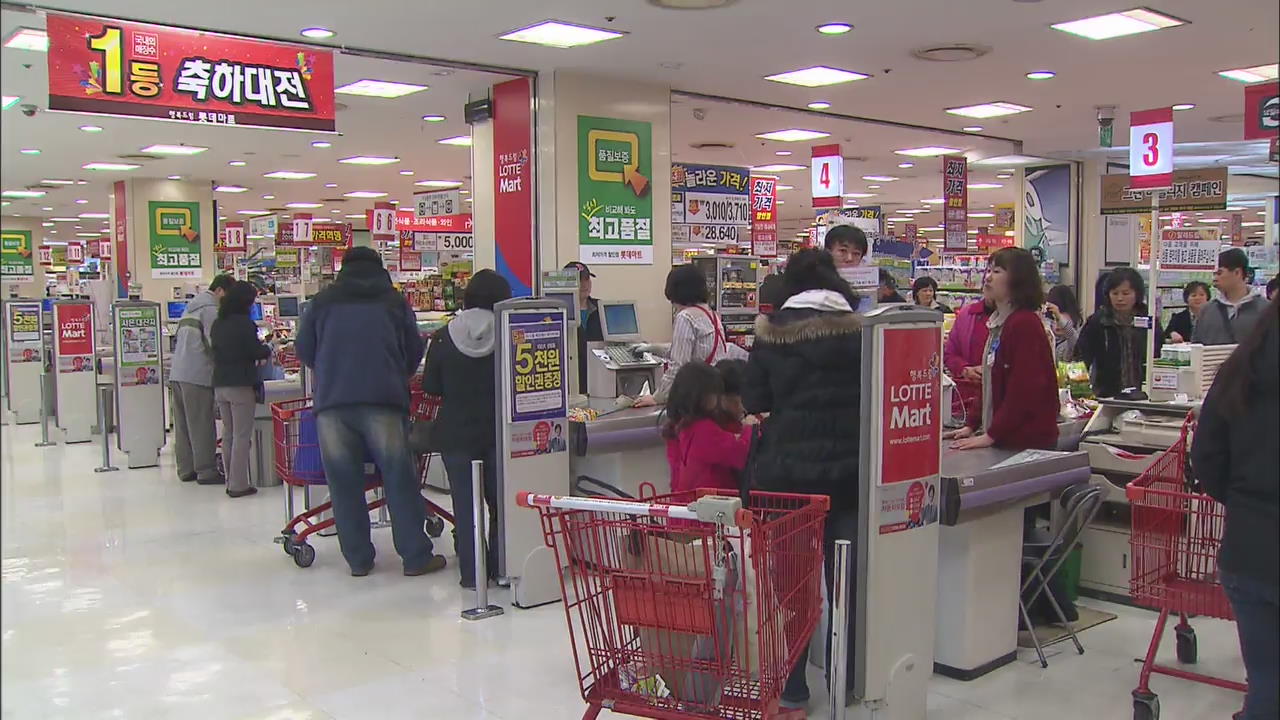
[Anchor Lead]
The Bank of Korea has decided to raise the benchmark interest rate one quarter of a point to 1.5% per year, potentially marking the end to an era of historically low interest rates. The rate hike had been expected for some time, but concerns still linger over the questionable pace of economic recovery.
[Pkg]
Six out of seven members of the Bank of Korea's Monetary Policy Committee chose to raise the key interest rate. The decision was based on their belief that the economy is solidly on the way to recovery.
[Soundbite] Lee Ju-yeol(Governor, Bank of Korea) : "Thanks to the widespread recovery of the global economy and improved trading with China, the Korean economy is expected to grow at the pace meeting its potential growth rate."
Korea recorded a surprise growth of 1.4% in the third quarter, and its export projection looks promising with exports of the country's semiconductor thriving and the world economy on recovery. Bank of Korea Governor Lee Ju-yeol was even concerned about the adverse effects of maintaining the lowest interest rate in history.
[Soundbite] Lee Ju-yeol(Governor, Bank of Korea) : "Given that a continued freeze of the benchmark interest rate would increase the risk of financial imbalance, the easing of the monetary policy should be paced accordingly."
However, Statistics Korea's economic indicators told a different story. The output, consumption, and investment indicators in October all fell from the previous month. The national statistics agency said it was just a temporary phenomenon.
[Soundbite] Eo Woon-sun(Statistics Korea) : 'Considering that the baseline effect was inevitably big from the previous month, this month's setback is very likely a temporary adjustment."
Nonetheless, some experts point out that the poorer indicators may be proof that Korea's economic recovery is not quite solid.
[Soundbite] Lee Chang-seon(LG Economic Research Institute) : "A benchmark rate hike will lead to higher interests on loans, which will curtail consumption. Then local spending will shrink and eventually slow down Korea's economic growth."
The Bank of Korea hinted at slowing down the rate increase by saying that it would scrutinize the situation and make careful decisions about additional rate hikes.
The Bank of Korea has decided to raise the benchmark interest rate one quarter of a point to 1.5% per year, potentially marking the end to an era of historically low interest rates. The rate hike had been expected for some time, but concerns still linger over the questionable pace of economic recovery.
[Pkg]
Six out of seven members of the Bank of Korea's Monetary Policy Committee chose to raise the key interest rate. The decision was based on their belief that the economy is solidly on the way to recovery.
[Soundbite] Lee Ju-yeol(Governor, Bank of Korea) : "Thanks to the widespread recovery of the global economy and improved trading with China, the Korean economy is expected to grow at the pace meeting its potential growth rate."
Korea recorded a surprise growth of 1.4% in the third quarter, and its export projection looks promising with exports of the country's semiconductor thriving and the world economy on recovery. Bank of Korea Governor Lee Ju-yeol was even concerned about the adverse effects of maintaining the lowest interest rate in history.
[Soundbite] Lee Ju-yeol(Governor, Bank of Korea) : "Given that a continued freeze of the benchmark interest rate would increase the risk of financial imbalance, the easing of the monetary policy should be paced accordingly."
However, Statistics Korea's economic indicators told a different story. The output, consumption, and investment indicators in October all fell from the previous month. The national statistics agency said it was just a temporary phenomenon.
[Soundbite] Eo Woon-sun(Statistics Korea) : 'Considering that the baseline effect was inevitably big from the previous month, this month's setback is very likely a temporary adjustment."
Nonetheless, some experts point out that the poorer indicators may be proof that Korea's economic recovery is not quite solid.
[Soundbite] Lee Chang-seon(LG Economic Research Institute) : "A benchmark rate hike will lead to higher interests on loans, which will curtail consumption. Then local spending will shrink and eventually slow down Korea's economic growth."
The Bank of Korea hinted at slowing down the rate increase by saying that it would scrutinize the situation and make careful decisions about additional rate hikes.
이 기사가 좋으셨다면
-
좋아요
0
-
응원해요
0
-
후속 원해요
0










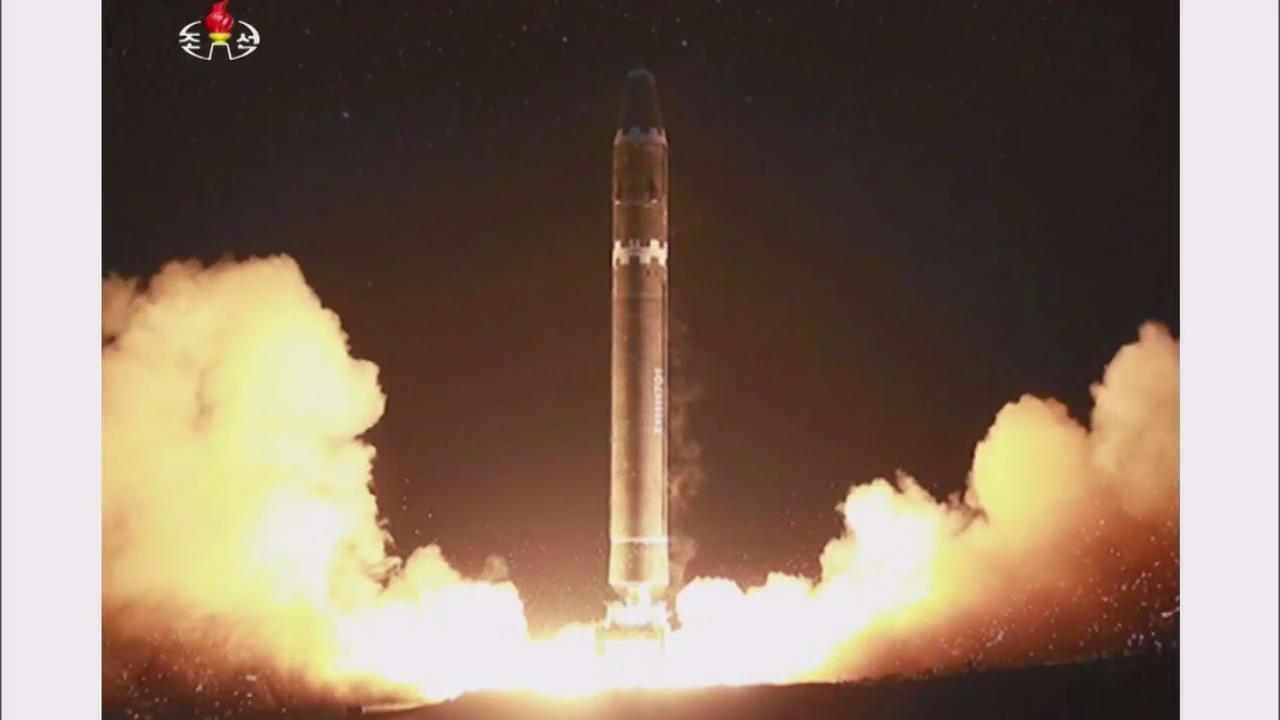
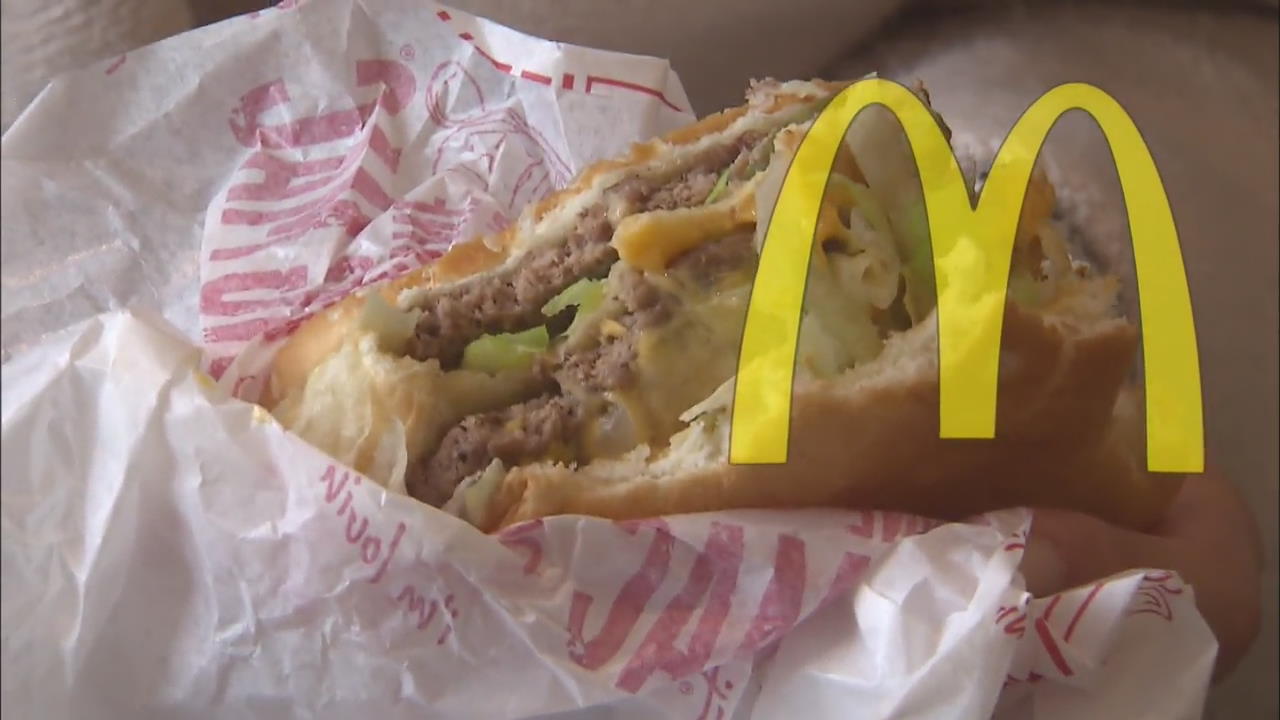

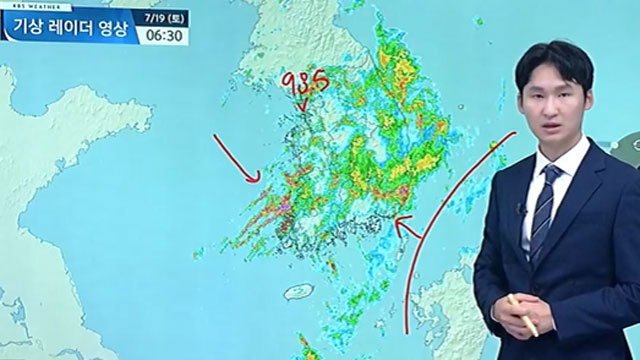

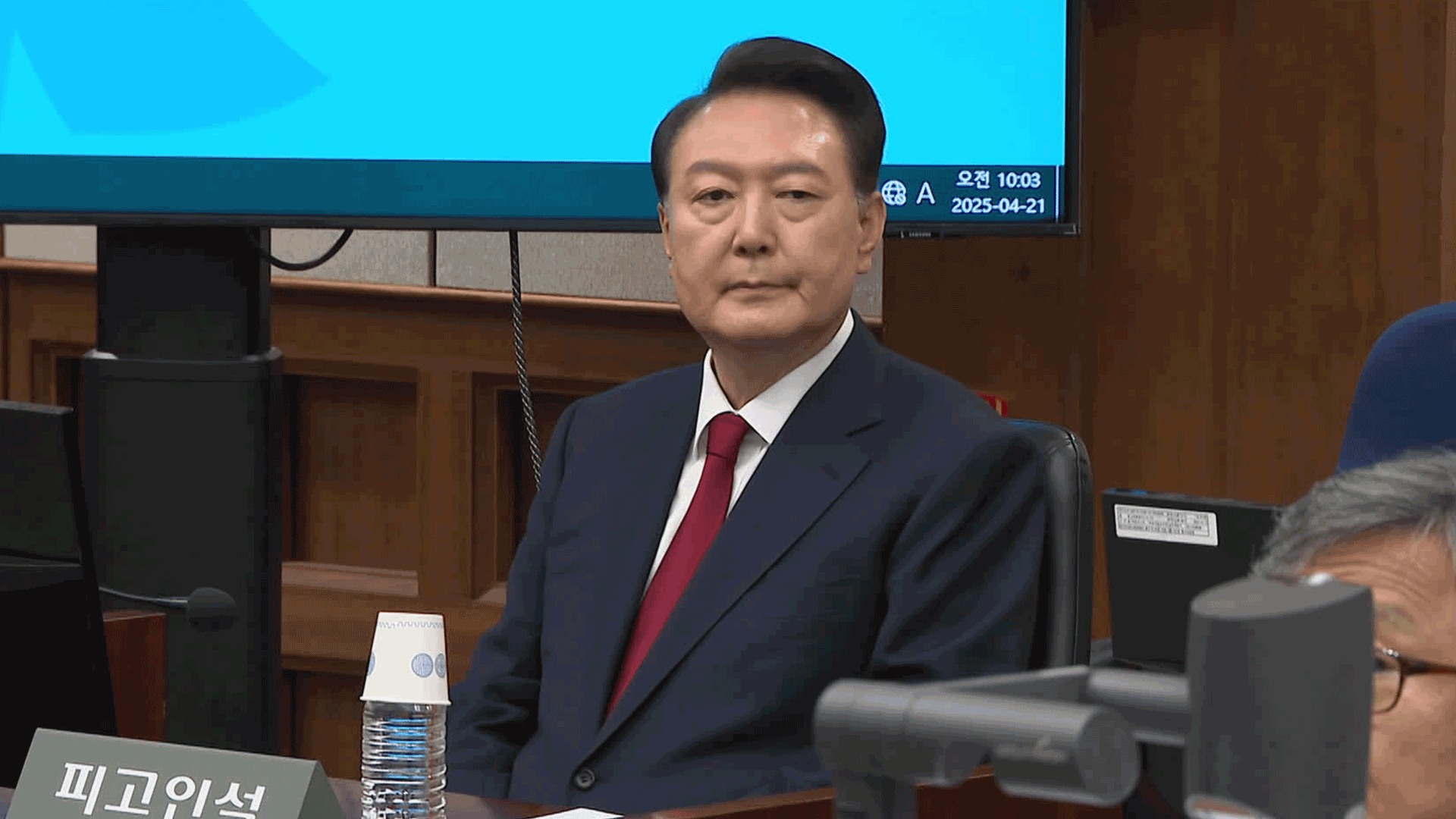

이 기사에 대한 의견을 남겨주세요.